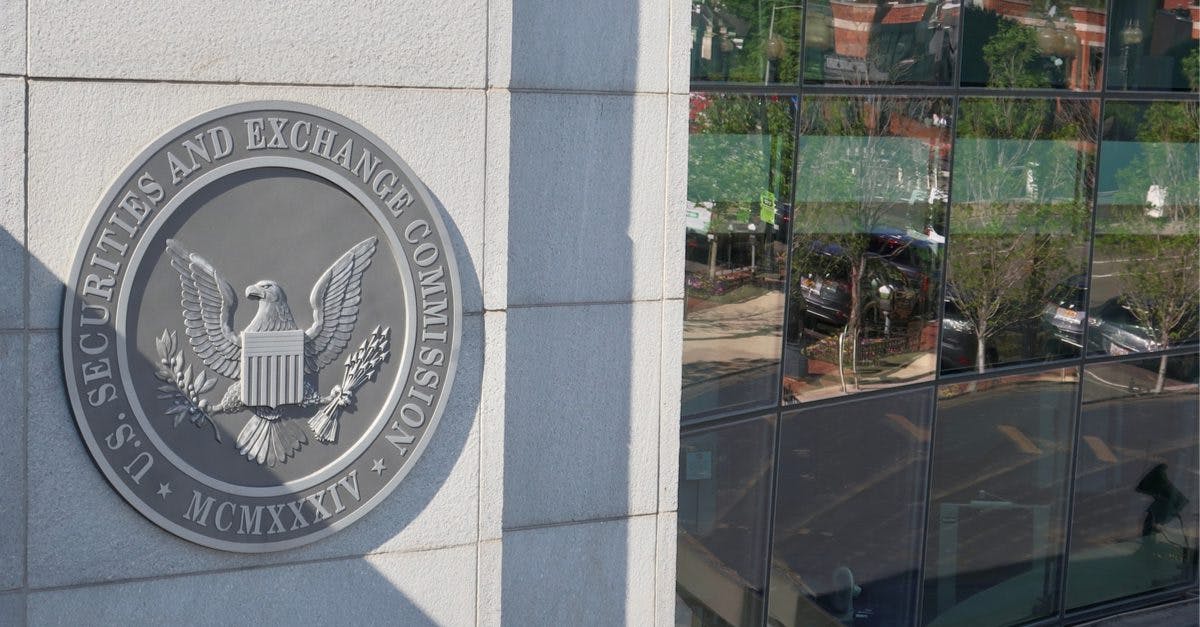Regulator-Imposed Penalties Related to Crypto Total $2.5B Since 2009
Unregistered securities offerings and fraud account for bulk of charges

Source: Shutterstock
key takeaways
- Nearly half of penalties came in June 2020 settlement involving Telegram Group’s alleged unregistered offering of digital tokens
- Some say even more regulation will help broaden adoption of digital assets space
US regulators have imposed $2.5 billion in penalties against firms and individuals related to crypto since bitcoin was created in 2009, according to blockchain analytics provider Elliptic.
The Securities and Exchange Commission have imposed penalties totaling about $1.7 billion, while the Commodities Futures Trading Commission and FinCEN collected $624 million and $183 million, respectively, according to the analysis. The US Treasury’s Office of Foreign Assets Control, the latest agency to engage in enforcement actions against crypto businesses, has also seized $600,000.
Nearly $1.4 billion of the fines relate to unregistered securities offerings, while $928 million was due to fraud. An additional $183 million in penalties stemmed from anti-money laundering.
“Regulatory enforcement ensures that bad actors cannot thrive, and brings clarity on how regulations written decades ago are to be applied to new technologies,” Elliptic co-founder Dr. Tom Robinson wrote in a June 21 blog post . “In this way it is helping cryptoassets to gain greater acceptance and legitimacy.”
About half of the total penalties came last year when Telegram Group settled SEC charges that its unregistered offering of digital tokens, called Grams, violated federal securities laws, the report notes. The defendants agreed to return more than $1.2 billion to investors and to pay an $18.5 million civil penalty.
Elliptic’s analysis comes as some have called for increased regulation within the digital assets space. SEC Chairman Gary Gensler, who joined the agency in April, has said that investors would benefit from more investor protection on crypto exchanges.
Mike Novogratz, founder of crypto investment firm Galaxy Digital, said earlier this month that more regulation will comfort the growing number of institutional investors looking to get involved in cryptocurrencies, the Economic Times reported.
Jesse Powell, CEO of crypto exchange Kraken, said in an April interview with Fox Business News that US regulators have historically been among the most severe internationally. He noted that Kraken was mulling whether it should stay a US company or not.
“They’re asking us to shut down products that they’re not able to shut down for international competitors, so they’re putting US companies at a disadvantage,” Powell said. “We may be forced out of the country by overregulation or by the enforcement guys not talking to the policy guys and not having kind of a national strategy on cryptocurrency.”





